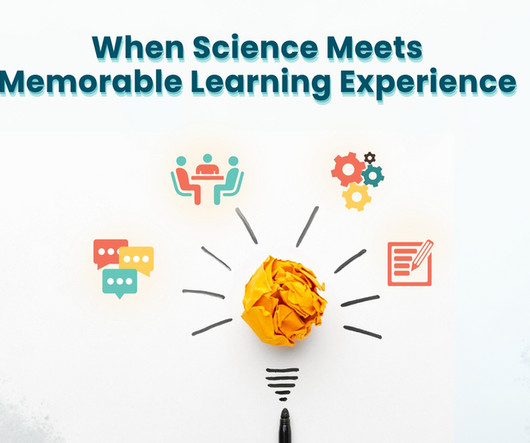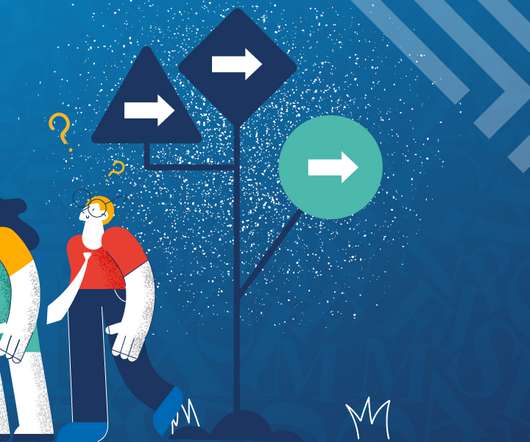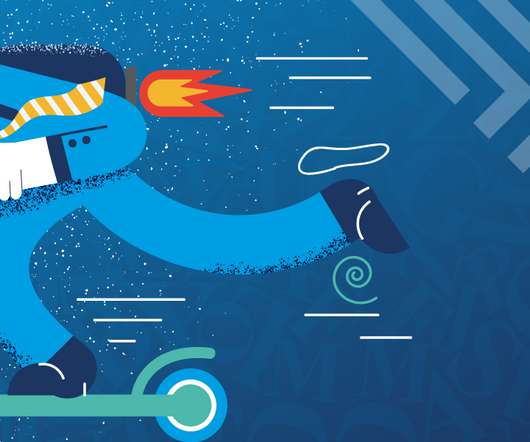Designing for Learning Impact
Upside Learning
FEBRUARY 8, 2024
We’re focusing on learning impact here, so they’re not being directly addressed. Still, cognitive science and design practices give us guidance there, as needed. So, we need to space learning, reactivating the learning, across days, which isn’t like much of what we actually see in most organizational learning.












































Let's personalize your content